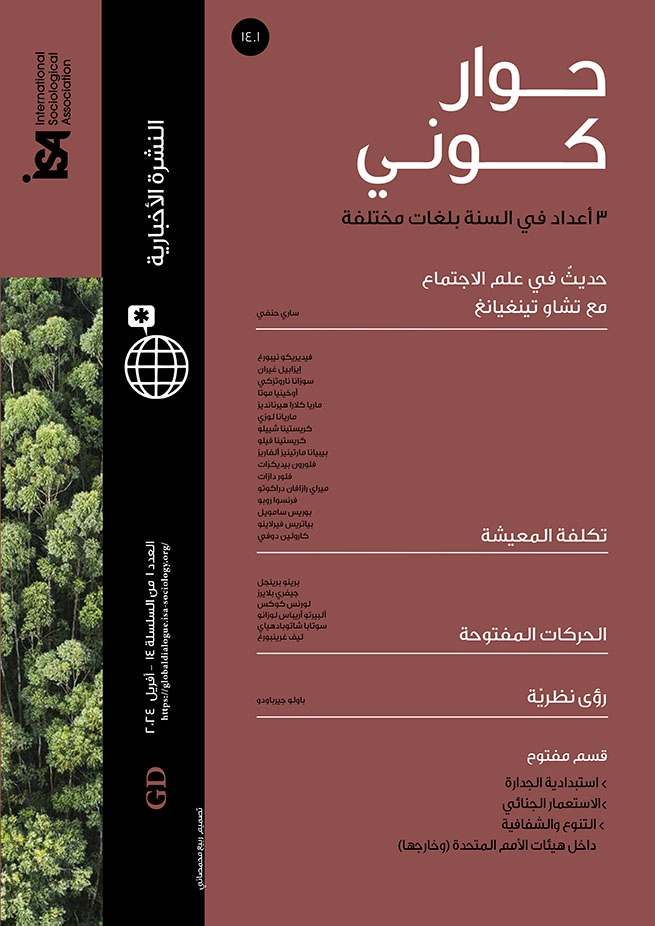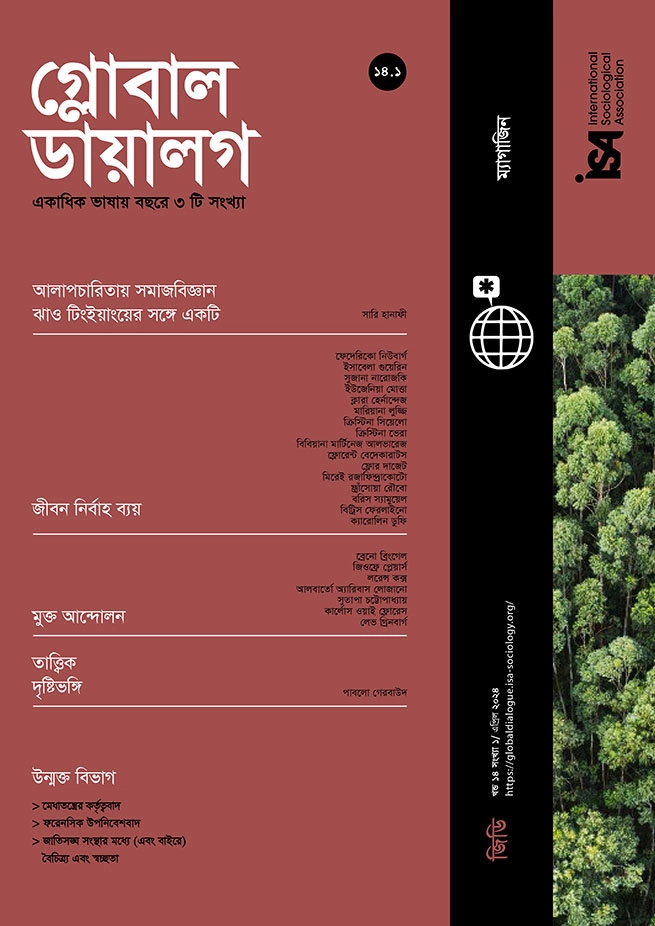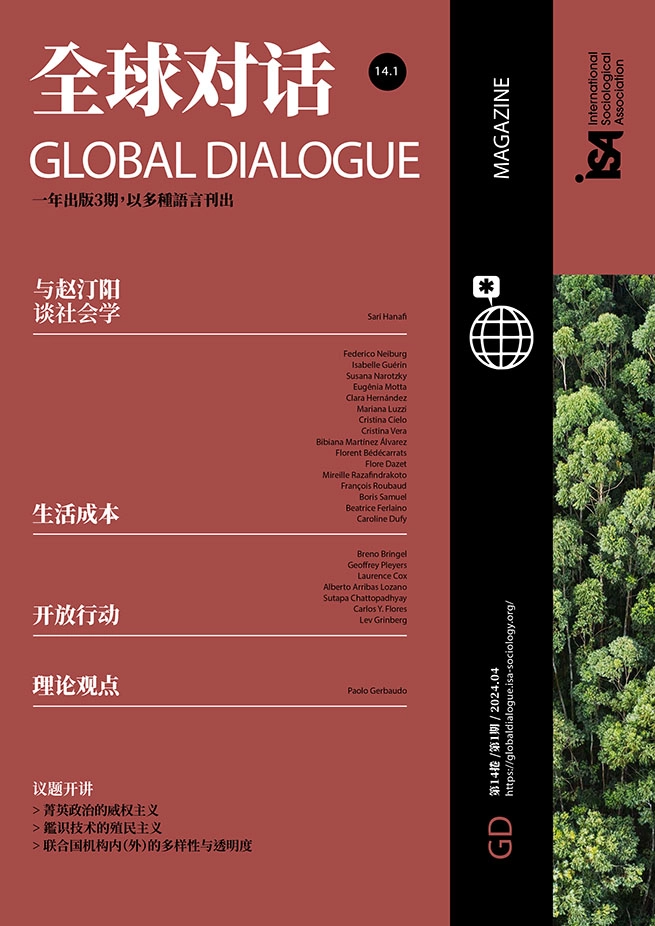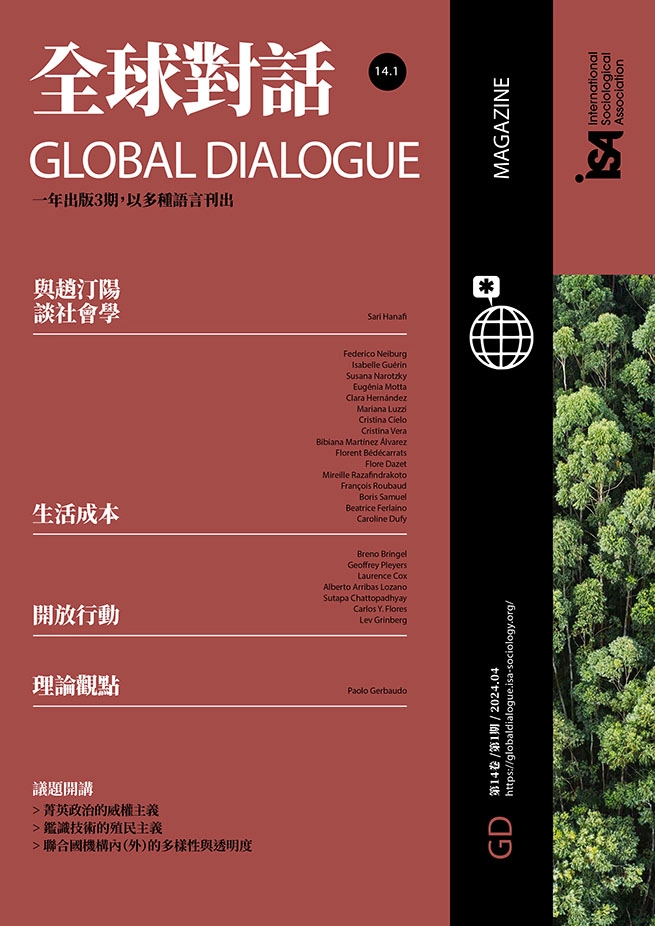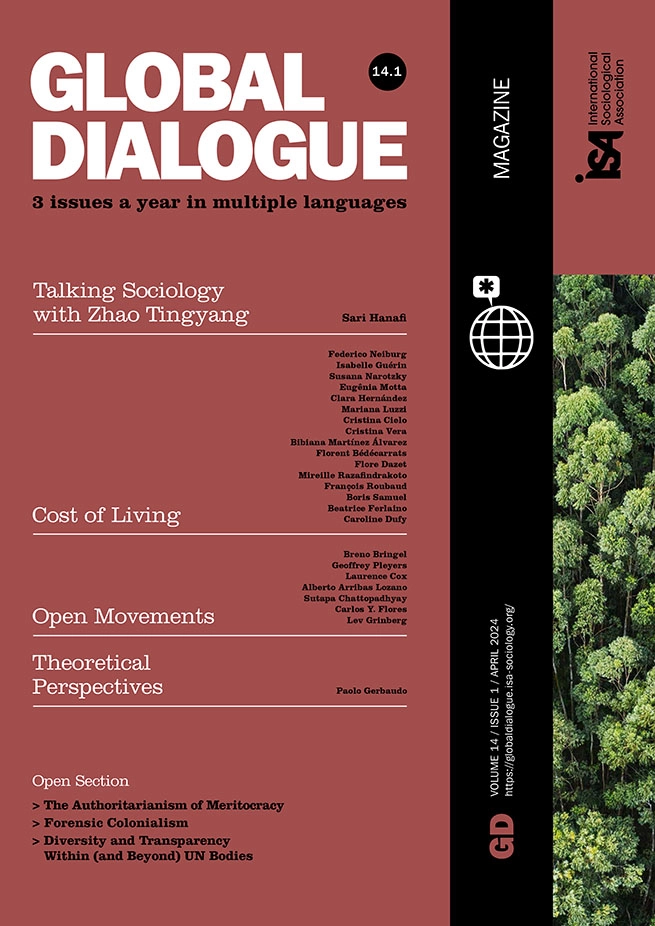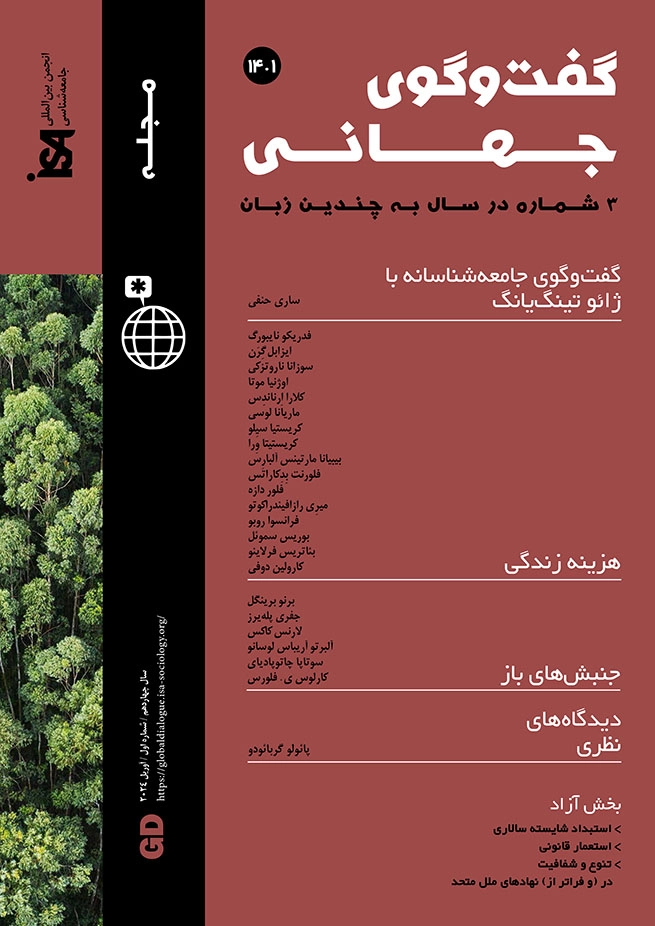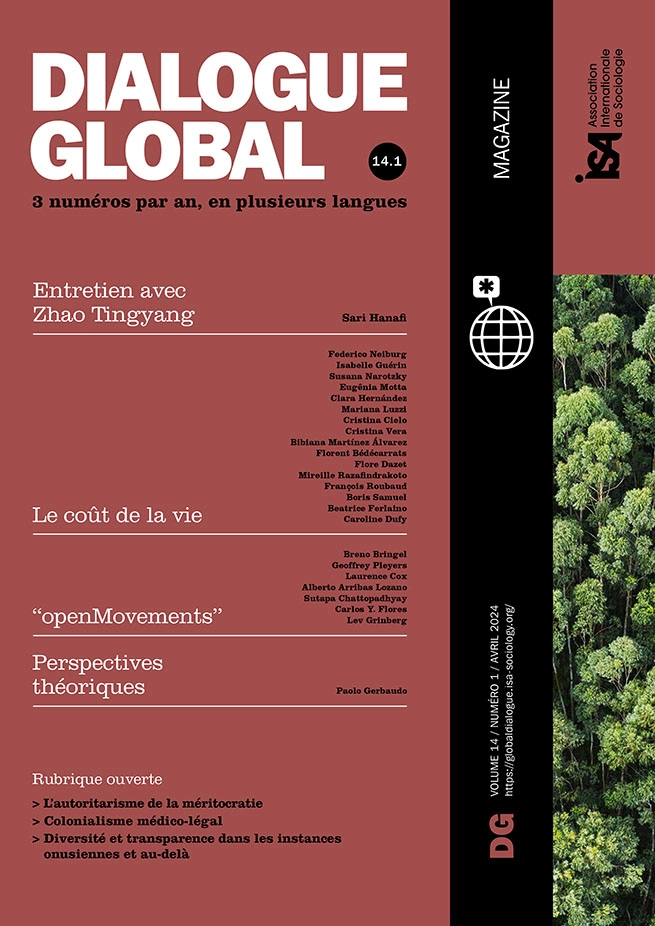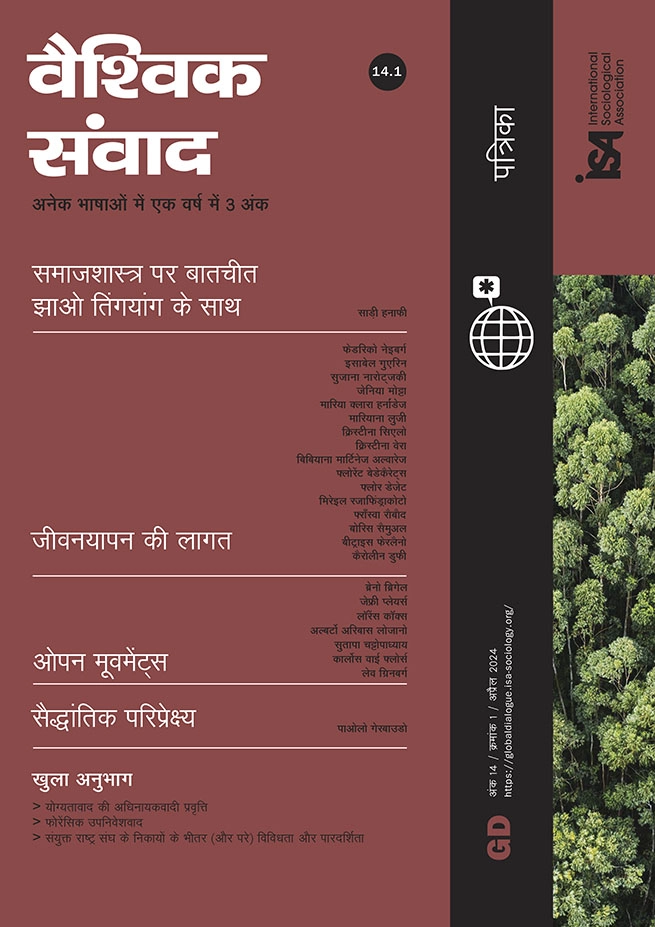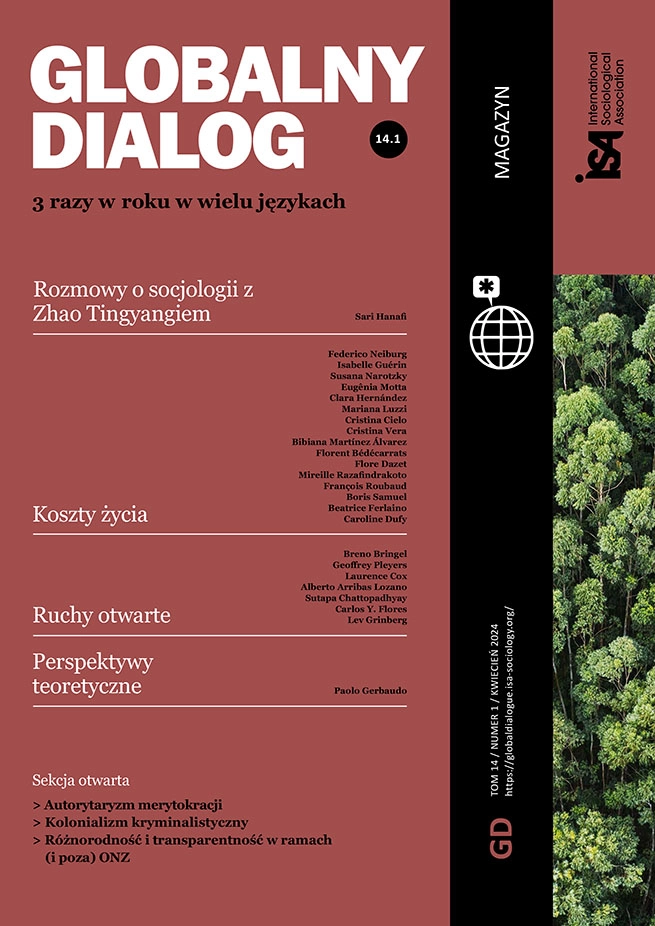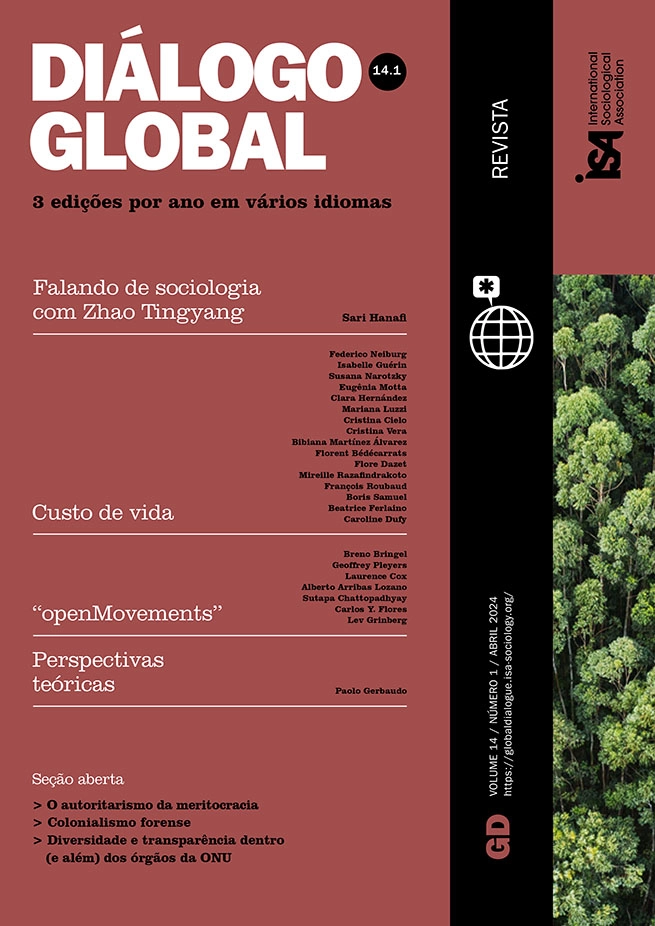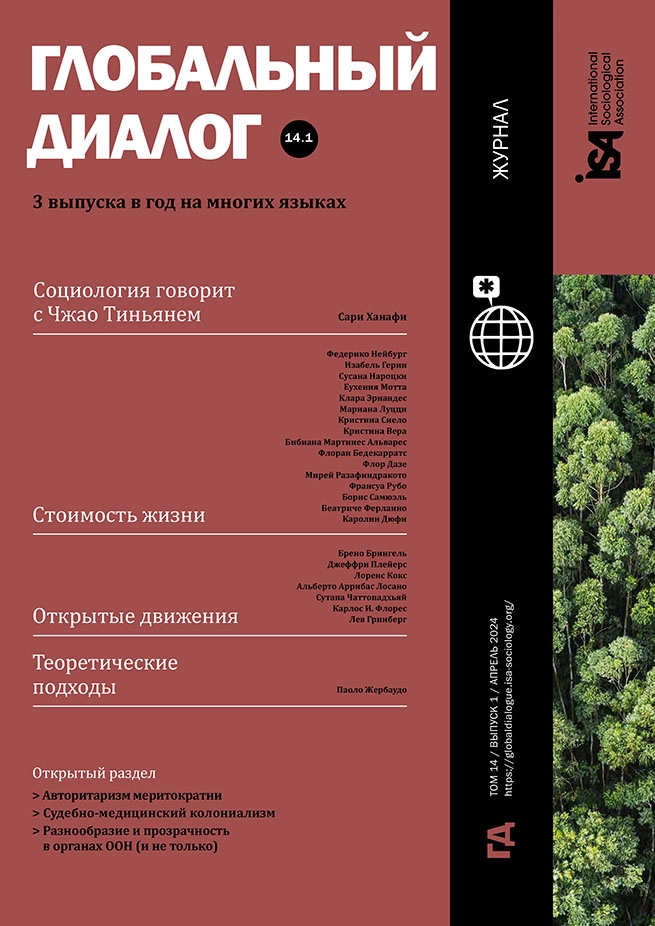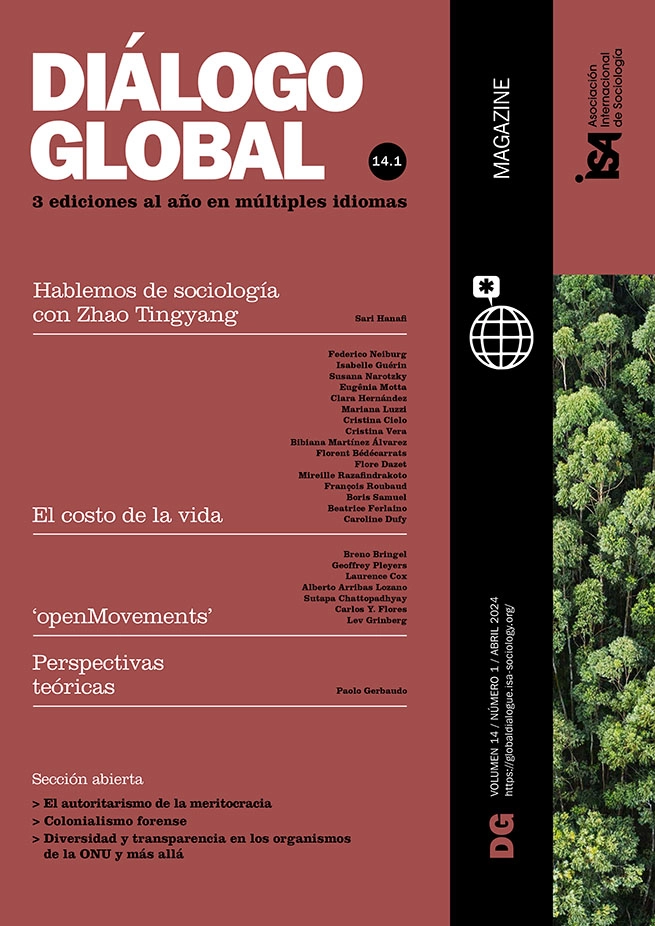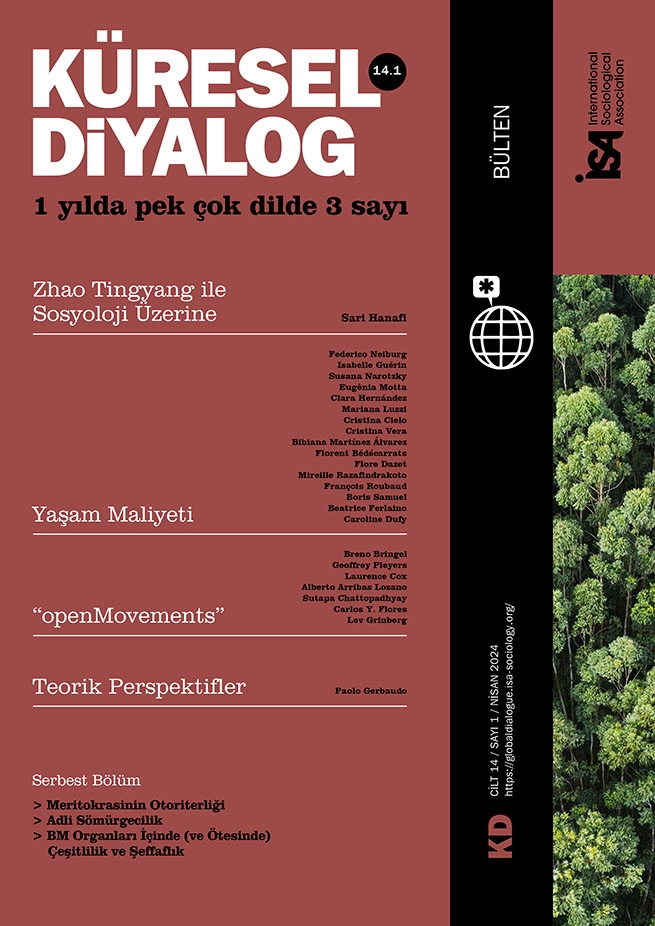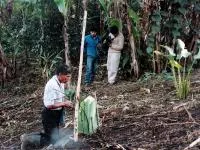How do we Research and Understand Popular Struggles?
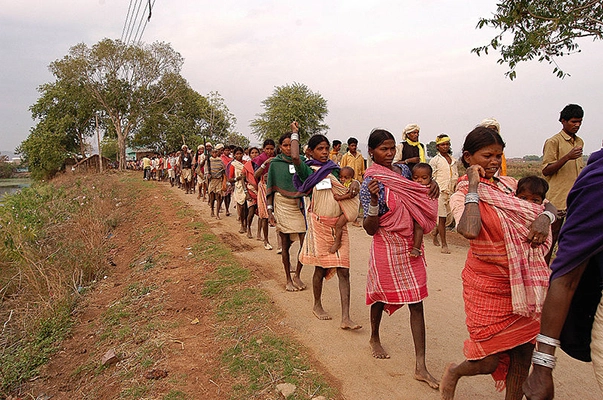
March 01, 2024
The last quarter millennium of world history is also one of social movements: the struggles against empire that produced a world of post-colonial nation states, the battles for democracy now under severe attack in many places, women’s and LGBTQ+ movements that have fundamentally challenged patriarchy, migrant and anti-racist activism, dis/ability and mental health struggles, anti-war movements, class-based struggles of many kinds – including democratising access to education and hence research – and so on.
There are good reasons why social movement research flourishes in this situation. But how can we actually do that research well? In co-editing the first movement research methods handbook for a decade (together with Anna Szolucha, currently on fieldwork), we focussed particularly on engaged research, the Global South and care for new researchers.
Engaged and conventional research
Handbooks of methods are often tools for centring purely academic production. However, social movements have played a crucial role in developing key sociological theories and methodologies (Marxist, feminist, queer or decolonial, for example). Movement research is thus a peculiar field, where practitioners whose organisations often have educational, theoretical and research activities of their own are regularly excluded from discussion, as academics have tried to assert the respectability (suitability for funding and political safety) of their disciplines. In keeping with this situation, previous handbooks have either been purely scientific in tone or have been highly theoretical, presenting radical methods but assuming a prior academic training and context.
We have tried a different approach, inviting authors working within strictly academic contexts to contribute chapters alongside researchers working in movements and those with much experience of collaborative and engaged research methods of various kinds. We feel the result is a much better representation of the actual richness and creativity of movement research, and the commitment of so many researchers to social justice.
We are particularly happy to have a section dedicated to the “applications” of movement research: What do movements do with research, of any kind? All too often, this issue has either been ignored or presented as a highly abstract ideal, rather than exploring the practical experiences of movements and engaged researchers over time – which are interesting, challenging and a necessary starting-point for doing better.
Movements of the Global South and North
As with so many other things, writing about how to research movements has been dominated by the Global North – although there are far more, and often much larger, movements in the Global South. Until now, literally every (English-language) handbook in the field has been centred on North America or Western Europe in terms of its authors and topics, despite the long history of researching popular struggles within the “social movements” framework in Latin America, India and South Africa, among others.
We agreed to edit a new handbook (the first general one in a decade) on the condition that we could do it from a more global perspective – although we would not claim to have successfully decolonised it. Even finding independent funding for translation, and working hard on copyediting for non-native English speakers, does not overcome the problems created by the intensifying centrality of English in global academia. At the same time, the continuing inequalities of research funding mean that smaller countries whose movements are often not particularly significant (such as England) occupy a very large bulk in global academic publishing.
We are nonetheless happy to have brought out the first handbook to have authors and themes from all continents (except Antarctica), highlighting movement research in the Global South and Indigenous perspectives alongside others. This is a first step towards a more honest and useful picture of best practices in movement research worldwide.
Supporting new researchers
Lastly, sociologists often don’t think enough about how people already in the field can support others to get started, and how this works. In much of Europe, for example, people wanting to do postgraduate research on movements will never have received undergraduate teaching on the difficult challenges of researching movements – and may have to write research or funding proposals without access to university libraries, unless a current grant holder recruits them into a pre-planned project. Thus, there is often little real space for learning about the huge variety of movement research, and a tendency to reproduce whatever newcomers have actually come across. Movement-based researchers without links to strong independent research traditions are even more poorly served.
From this point of view, we are very happy that the publisher is willing to make our substantial (12,000-word long) introduction available free online. We hope this will help democratise access to the full spectrum of possibilities, as well as opening the doors to all the usual ways through which activists, researchers outside universities and students in the Global South gain access to normally paywalled material.
At an even more basic level, we have worked hard with authors to ensure that chapters are accessible to those new to the field – people who have been outside education for decades, those without an elite education, people who are not native English speakers and people whose attention is pulled in many directions by caring responsibilities, political struggle or the pressures of work. Doing good research will always be an effort, but writing on methods should not mean showing off cultural capital in exclusionary ways.
The experience of putting this book together has been an extraordinary and moving one, revealing some of the incredibly creative, thoughtful and committed work being done in so many different movements, geographies and academic spaces. Established academics in the Global North, key figures in the Global South, activist researchers and junior career researchers have all responded with great energy and generosity to the project. We think this collection shows some of the best of the many ways in which research engages with social movements, and we hope it will inspire newcomers in particular to join this ongoing conversation as well as that between scholars.
Laurence Cox, Maynooth University, Ireland <laurence.cox@mu.ie> / Twitter: @ceesa_ma
Alberto Arribas Lozano, Universidad Complutense de Madrid, Spain
Sutapa Chattopadhyay, St. Francis Xavier University, Canada

